2021 Ryder Cup: players, tee times, format, scoring, UK TV coverage
Golf’s match-play event takes place at Whistling Straits in Wisconsin
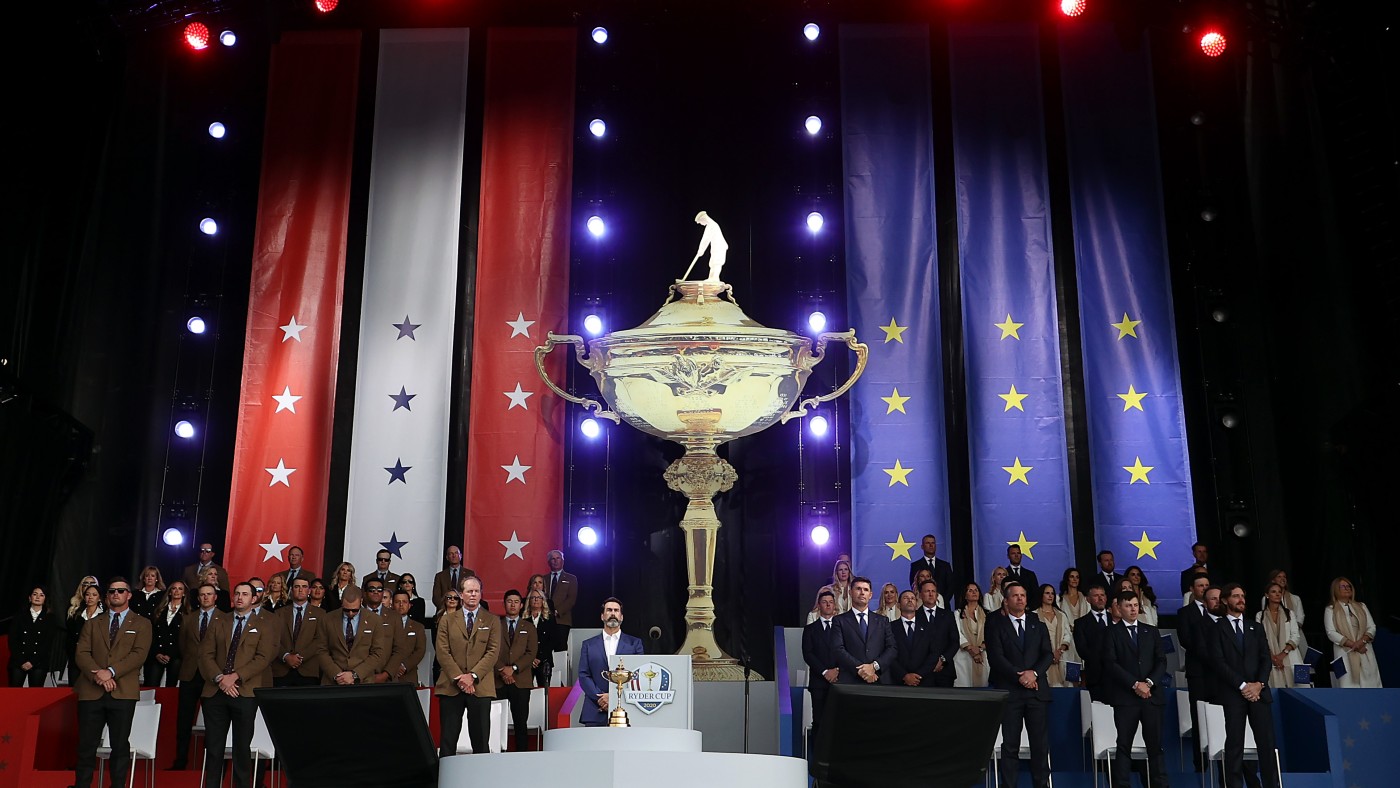
The 43rd Ryder Cup tees off at Whistling Straits in Wisconsin on 24 September - a year later than scheduled due to the pandemic. The three-day match-play team event - which sees the best 12 players from Europe go head-to-head with the best 12 from the United States - is arguably the biggest spectacle on the golfing calendar.
It is certainly the most keenly anticipated showdown for golf fans, as the two teams from opposite sides of the Atlantic fight it out for the coveted golden trophy.
So how does the Ryder Cup work and what makes it so special? Here we take a look...
The Week
Escape your echo chamber. Get the facts behind the news, plus analysis from multiple perspectives.

Sign up for The Week's Free Newsletters
From our morning news briefing to a weekly Good News Newsletter, get the best of The Week delivered directly to your inbox.
From our morning news briefing to a weekly Good News Newsletter, get the best of The Week delivered directly to your inbox.
What are the origins of the Ryder Cup?
The first competition between US and British golfers dates back to 1921, when a team of 12 Americans sailed to Britain to compete in The Open. Prior to the tournament an international match was arranged at Gleneagles, won by Great Britain. Five years later in 1926 there was a similar event at Wentworth, again won by GB, which was watched by golf enthusiast Samuel Ryder. Afterwards he drew up plans for a regular competition and the first official Ryder Cup showdown took place the following year, 1927, in Worcester, Massachusetts.
Who was Samuel Ryder?
Ryder was a golf-mad businessman who made his fortune selling packets of seeds by mail order from his home in St Albans. He had employed golfer Abe Mitchell as his coach and was at Wentworth to watch him play in 1926. He initially wanted to hold the tournament every year, the BBC reported, but it became a biennial event. Ryder commissioned the trophy that bears his name, and the figure of the golfer that sits atop the trophy is a likeness of Mitchell. Ryder also paid several hundred pounds to help the British team get to the first tournament in Worcester, but was unable to attend because of poor health. He died in 1936.
A free daily email with the biggest news stories of the day – and the best features from TheWeek.com
When did Europe join?
Great Britain won only three of the 22 Ryder Cups between 1927 and 1977. Defeat that year at Lytham St Anne’s made it 20 years without a win, prompting the decision to widen the selection criteria. The idea of including Europe was proposed by American golf icon Jack Nicklaus. The inclusion of continental golfers like Seve Ballesteros and Bernhard Langer improved the level of competition and interest, but Europe still had to wait until 1985 to beat the US for the first time since 1957.
How does the format work?
The Ryder Cup has always been decided by match-play, pitting the players against each other rather than the scoreboard. There are 28 matches, each worth one point to the winners. The first two days will see foursomes in the morning, followed by fourballs in the afternoon. Fourball matches involve four players, two from each side, and the player with the lowest score wins the hole for his team. Foursomes is more like doubles, with two players from each team taking it in turns to take a shot. The final day sees 12 singles matches.
- Friday: foursomes (four matches) and fourballs (four matches)
- Saturday: foursomes (four matches) and fourballs (four matches)
- Sunday: 12 singles matches
How does the scoring system work?
There are a total 28 points up for grabs. The winner of each match gets one point, with half points for drawn games. Europe, the defending champions, require 14 points to retain the trophy, while the USA will need 14½ points to win it back.
Who picks the teams?
On each team there are 12 golfers who will play in the event, plus there are two captains and five vice-captains. For Team Europe nine players qualified automatically based on two lists - four from the European Points list and five from the World Points list. Skipper Padraig Harrington also selected Ian Poulter, Shane Lowry and Sergio Garcia as his three captain’s picks.
For Team USA six players automatically qualified based on standings from a single list made up from a points system. USA captain Steve Stricker then picked six wildcards.
The captains do not play, but they do decide the tactics and pairings.
Team USA
- Captain: Steve Stricker
- Vice-captains (five): Fred Couples, Jim Furyk, Zach Johnson, Davis Love III, Phil Mickelson
- Players (12): Daniel Berger, Patrick Cantlay, Bryson Dechambeau, Harris English, Tony Finau, Dustin Johnson, Brooks Koepka, Collin Morikawa, Xander Schauffele, Scottie Scheffler, Jordan Spieth, Justin Thomas
Team Europe
- Captain: Padraig Harrington
- Vice-captains (five): Luke Donald, Robert Karlsson, Martin Kaymer, Graeme McDowell, Henrik Stenson
- Players (12): Paul Casey, Matt Fitzpatrick, Tommy Fleetwood, Sergio Garcia, Tyrrell Hatton, Viktor Hovland, Shane Lowry, Rory McIlroy, Ian Poulter, Jon Rahm, Bernd Wiesberger, Lee Westwood
Why does it mean so much?
The Ryder Cup has become one the world’s most popular sporting events, partly because it is one of the few that pitches the US against an overseas adversary. It also turns the genteel, individual pastime of golf into blood-and-thunder team sport. And the match-play scoring system pits the players against each other rather than the course. The TV companies also love the drama.
Who won the last event?
Before Europe joined the fray the event was dominated by the US. But since 1979 the score reads Europe 11 USA 8 with one tie (in 1989, where Europe retained the trophy). The European team head to Whistling Straits as the holders after a 17½-10½ victory in 2018 at Le Golf National in France.
Does it get personal?
Yes it does, and there have been some controversial moments, particularly in recent years, as the tension runs high. Tiger Woods has even claimed that the event is marred by gamesmanship.
- In 1969 there was serious acrimony between the teams and on the second day the captains had to go on to the course to calm their players down. But the match ended on a positive note as Jack Nicklaus of the US conceded a putt to Tony Jacklin on the 18th green and accepted a tie. It denied the US victory but as holders they kept the trophy and the gesture became a legendary act of good sportsmanship, known simply as “The Concession”.
- In 1979 there was infighting in the first ever European team and Mark James and Ken Brown were handed what were huge fines at the time for allegedly refusing to wear the European team jacket or attend meetings. Brown was banned from international duty for 12 months.
- A feud between Seve Ballesteros and Paul Azinger erupted over a scuffed ball in 1989. Azinger questioned whether the ball was damaged, prompting Ballesteros to ask: “Is this the way you want to play today?” He then raised doubts over an Azinger drop at the 18th. It marked the start of the modern rivalry.
- Two years later at Kiawah Island, Hawaii, things escalated further at a clash that became known as the “War on the Shore” due to the bad blood and the fanatical American support. Several players were reportedly left in tears by the pressure. Ballesteros and Azinger clashed again and Europe were angry when injured American Steve Pate pulled out of his singles match, meaning the point was shared. The US players also played to the partisan crowd during the event, which took place soon after the invasion of Iraq. The US won by a single point.
- The Americans were in the dock again eight years later at the notorious “Battle of Brookline” in Massachusetts. The event had a poisonous feel after a tense build up. At one stage Payne Stewart conceded a match to Colin Montgomerie, apparently out of embarrassment at the behaviour of the home fans. However, before the tournament he had stoked the fires claiming Europe should have been “caddying for the US team not playing against them”. The low-point came on the final day when the US team, some fans and even the media stormed the 17th green to celebrate after Justin Leonard holed a crucial putt, even though Jose Maria Olazabal was still to play. The unnerved Spaniard missed his putt and the US won.
- After Brookline it was acknowledged that things had got out of hand, and several Americans apologised. However, European captain Mark James only added to the controversy by telling them: “You can’t pretend that nothing has happened.”
- In 2001 some perspective returned after the event, due to be held in Europe, was called off in the wake of the 9/11 attacks, which left some of the American team unwilling to travel. It was rearranged for 2002.
- The 2012 edition of the rivalry has become known as the “Miracle of Medinah” after Europe staged an extraordinary recovery from 10-4 down to win 14½-13½. It highlighted the pressure of match play golf as Tiger Woods missed a putt to hand Europe the win.
-
 ‘The economics of WhatsApp have been mysterious for years’
‘The economics of WhatsApp have been mysterious for years’Instant Opinion Opinion, comment and editorials of the day
-
 Will Democrats impeach Kristi Noem?
Will Democrats impeach Kristi Noem?Today’s Big Question Centrists, lefty activists also debate abolishing ICE
-
 Is a social media ban for teens the answer?
Is a social media ban for teens the answer?Talking Point Australia is leading the charge in banning social media for people under 16 — but there is lingering doubt as to the efficacy of such laws
-
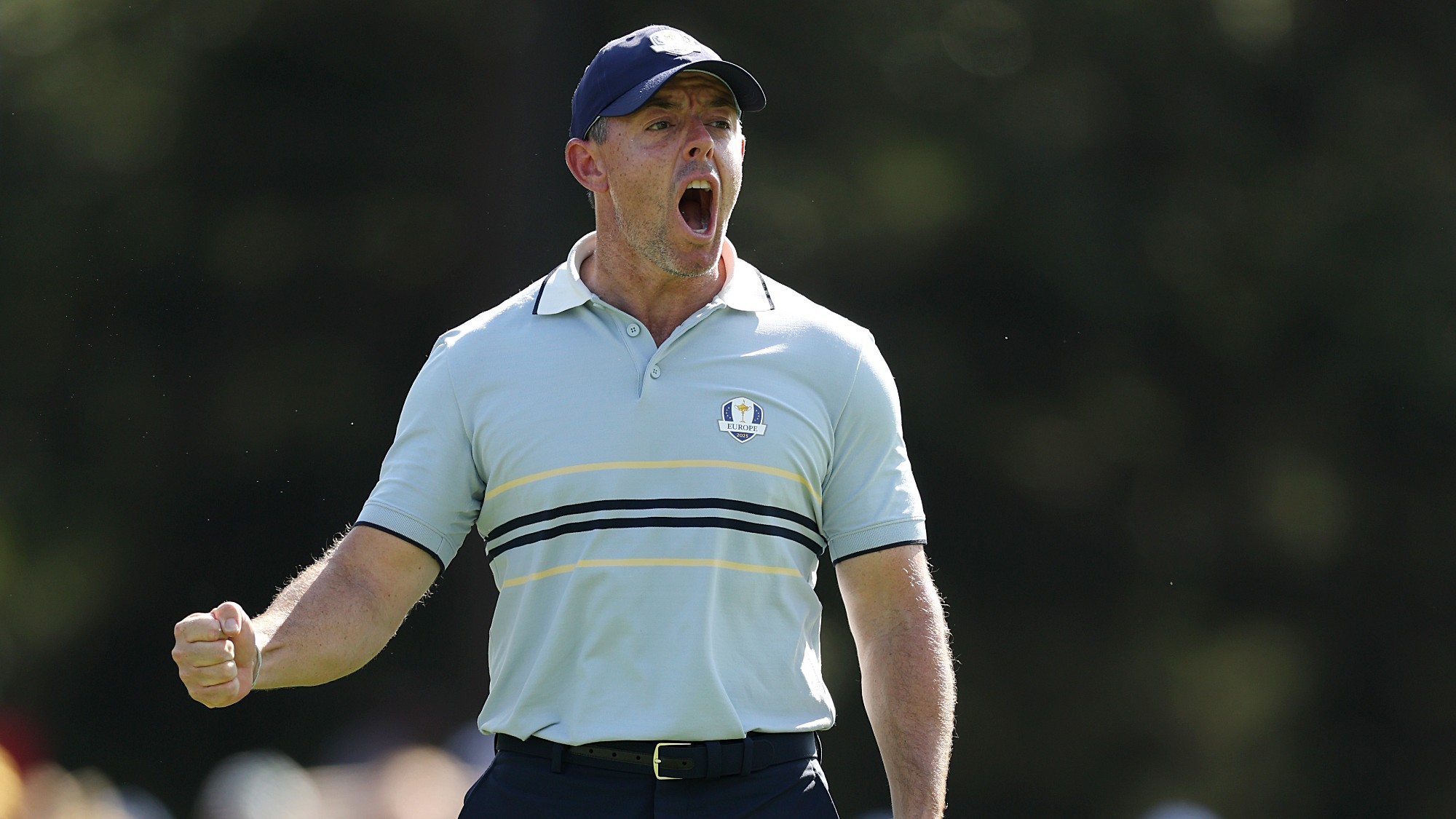 The most abusive Ryder Cup in history
The most abusive Ryder Cup in historyIn The Spotlight ‘Snarling’ fan atmosphere at US golf venue was ‘off the scale’
-
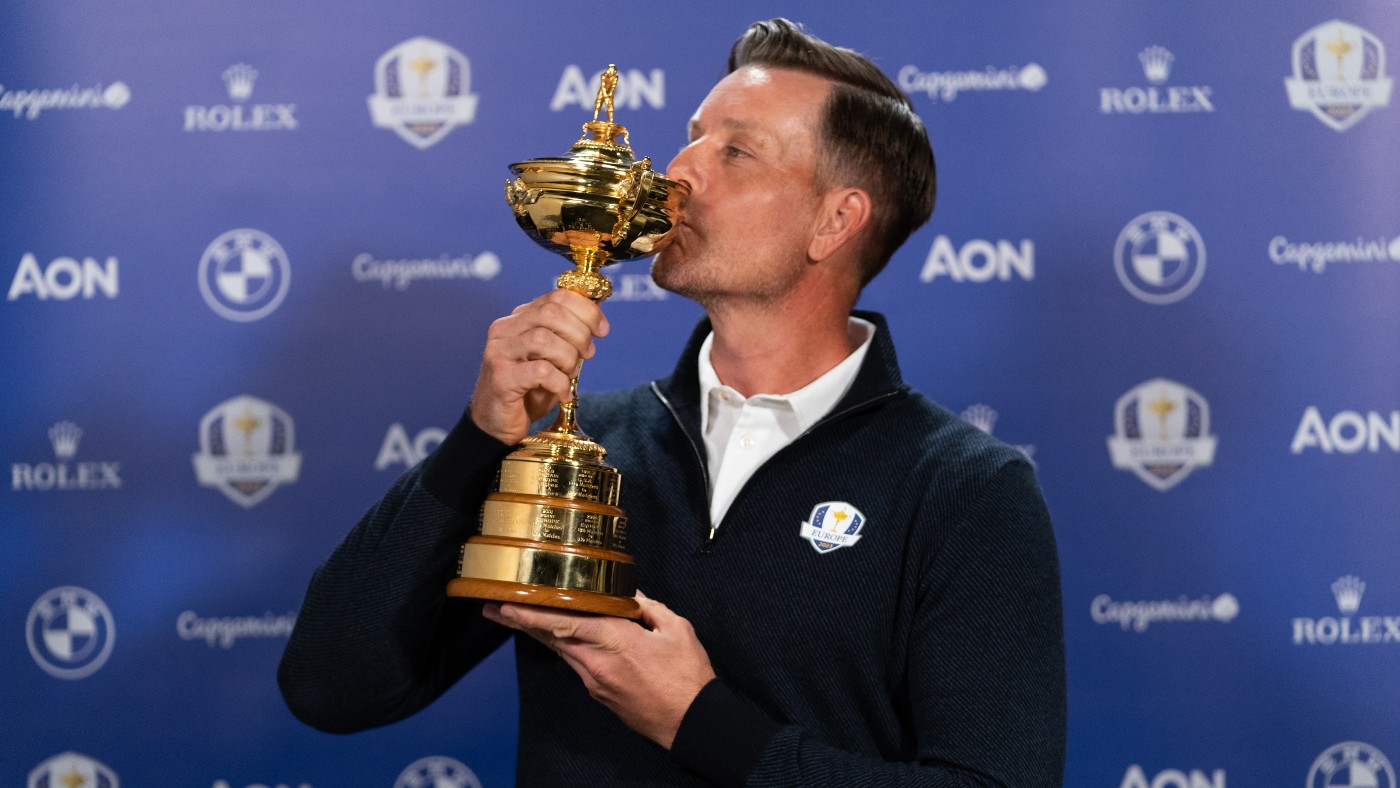 LIV’s Henrik Stenson power play leaves Ryder Cup ‘in tatters’
LIV’s Henrik Stenson power play leaves Ryder Cup ‘in tatters’Under the Radar Team Europe are now searching for a new captain after Swede’s sacking
-
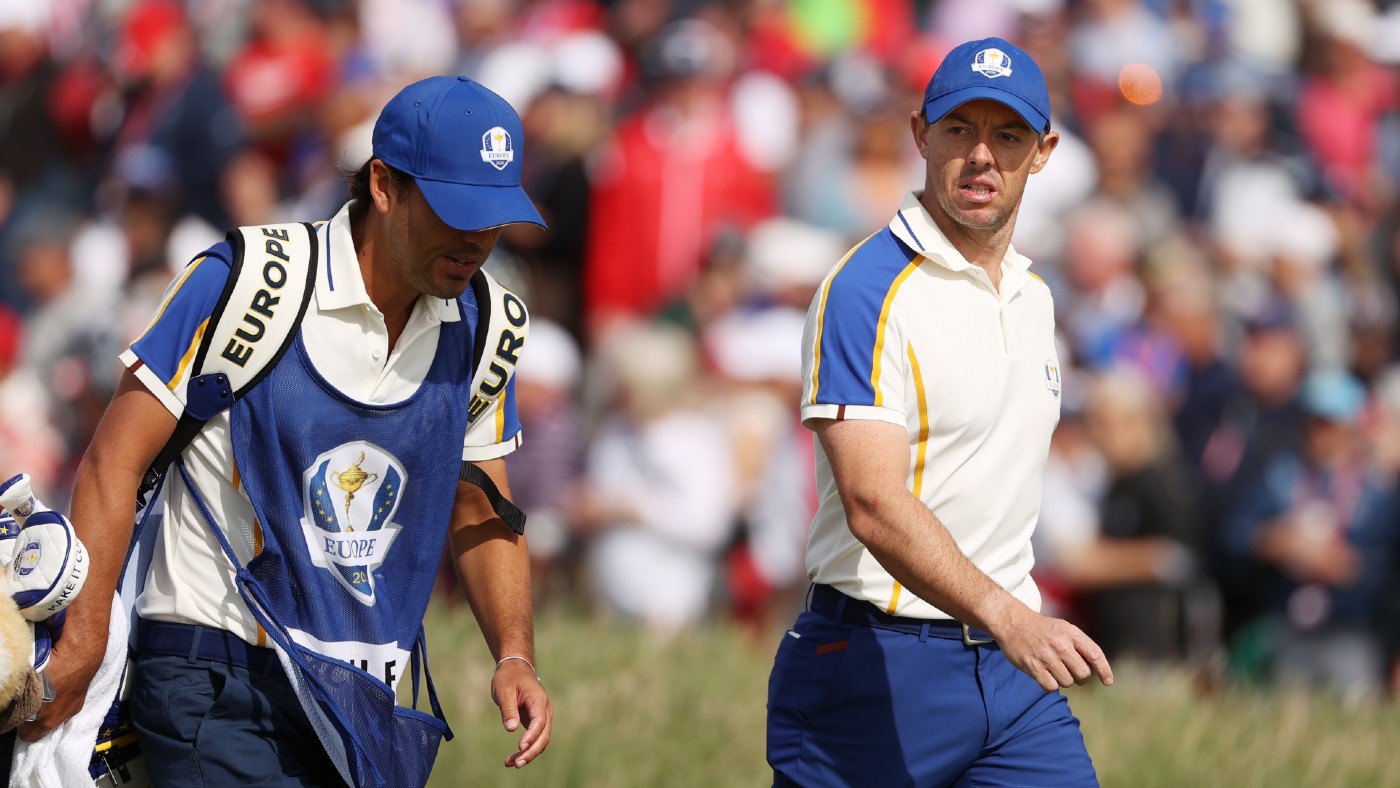 ‘Rory McIlroy showed what the Ryder Cup really means’
‘Rory McIlroy showed what the Ryder Cup really means’feature It was an emotional week for the Northern Irishman as Europe lost heavily to the USA
-
 Rory McIlroy loves the Ryder Cup and will play in 2020, says Padraig Harrington
Rory McIlroy loves the Ryder Cup and will play in 2020, says Padraig HarringtonSpeed Read Europe’s new captain has ‘no doubts’ McIlroy will be in his team next year
-
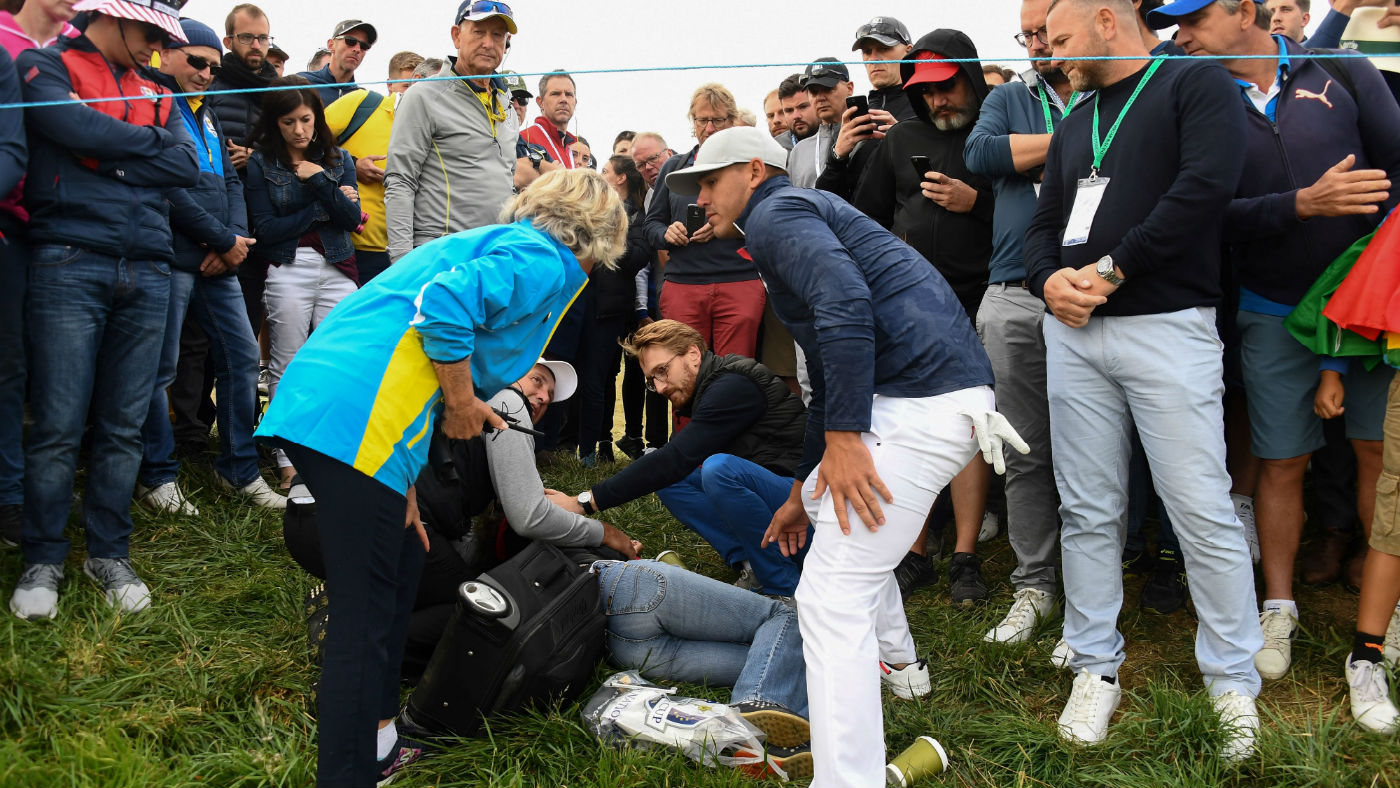 Ryder Cup fan to sue organisers after losing sight in her eye
Ryder Cup fan to sue organisers after losing sight in her eyeSpeed Read Golf spectator was hit by Brooks Koepka tee shot on first day of the competition at Le Golf National
-
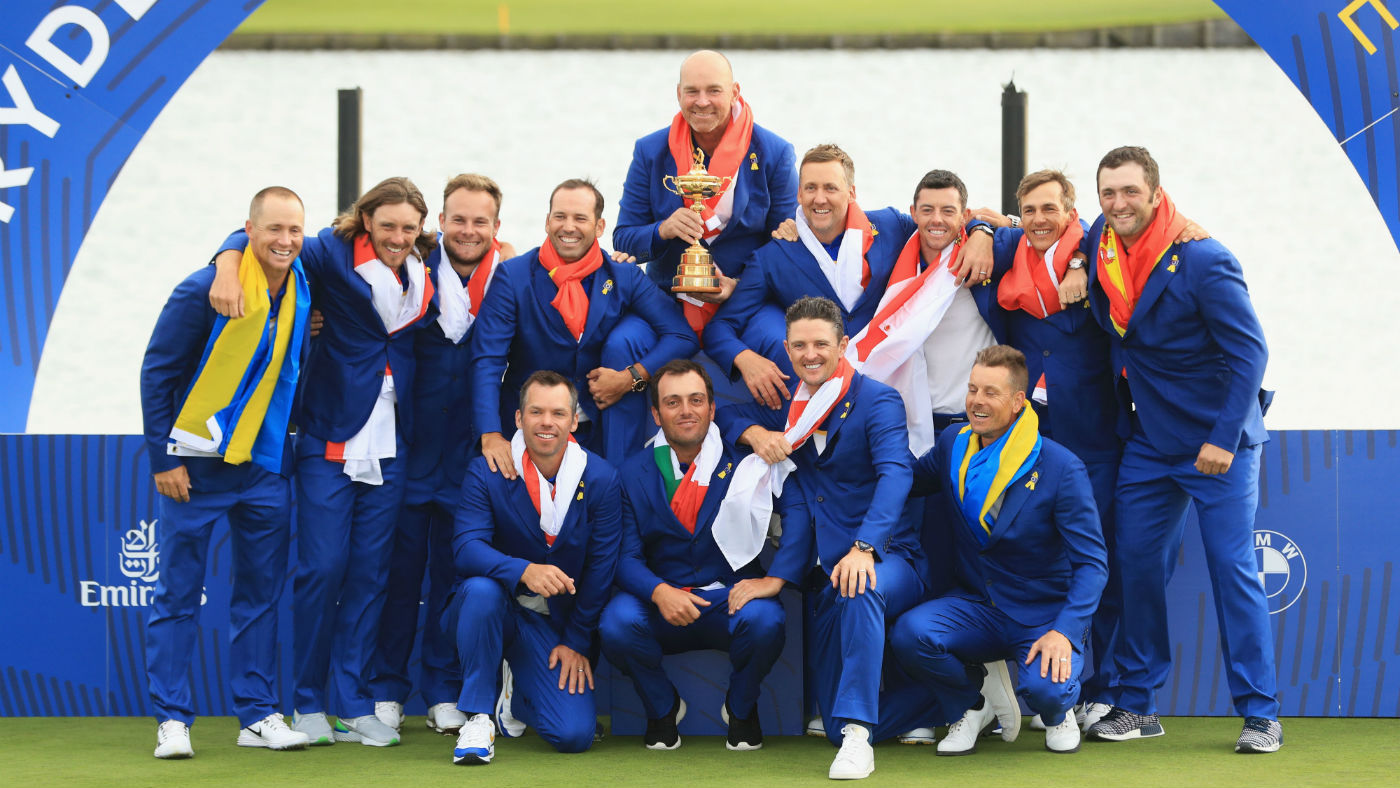 Europe win the 2018 Ryder Cup: reactions, headlines and best tweets
Europe win the 2018 Ryder Cup: reactions, headlines and best tweetsIn Depth Bjorn praises European focus while Furyk admits the US were outplayed in a victory that ranks among the finest of all time
-
 Europe win the 2018 Ryder Cup: reactions, headlines and best tweets
Europe win the 2018 Ryder Cup: reactions, headlines and best tweetsIn Depth Bjorn praises European focus while Furyk admits the US were outplayed in a victory that ranks among the finest of all time
-
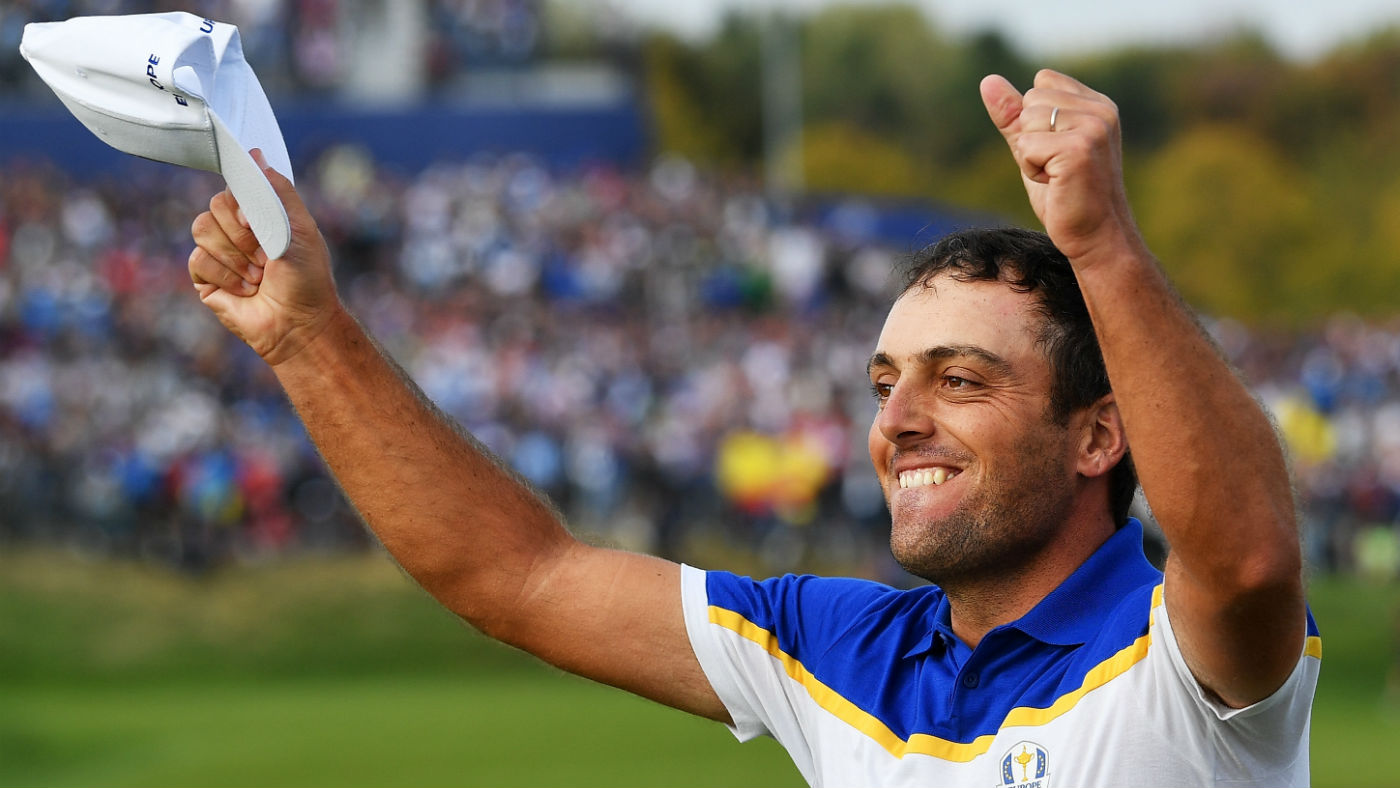 Europe 17½ USA 10½: Molinari magic seals Ryder Cup victory
Europe 17½ USA 10½: Molinari magic seals Ryder Cup victorySpeed Read Italian inspires as Europe regain the trophy at Le Golf National